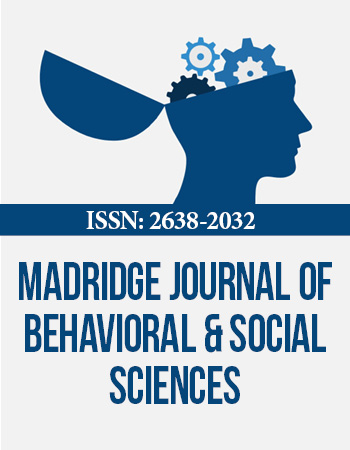International Conference on Alzheimerʼs Disease & Associated Disorders
May 7-9, 2018 Rome, Italy
Caffeine: A Life Saver Drug?
Indian Institute of Technology Guwahati, India
We perform classical molecular dynamics stimulation techniques to investigate the role of caffeine in inhibiting amyloid aggregation. We have first tried to understand the self-association of caffeine molecules in aqueous solution. Then we extend our study towards molecular interaction between caffeine and protein oligomers, which shed lights on the mechanism of amyloid inhibition by caffeine. She proposed that caffeine has the ability to inhibit amyloid formation of peptide, and the blocking of aromatic Phe-residue of the Aβ16−22 peptide by caffeine clusters through peptide-caffeine π-stacking interaction, and other residues by hydrophobic and hydrogen bonding interactions lead to complete disaggregation of peptide in caffeine solution with 10:1 or higher caffeine to peptide stoichiometric ratio.
Biography:
Sandip Paul is currently Professor of Chemistry at the Indian Institute of Technology (IIT) Guwahati, India. He earned his bachelor of science at University of Burdwan, West Bengal, India and his PhD in Theoretical/ Computational Chemistry from Indian Institute of Technology (IIT) Kanpur, Uttar Pradesh, India. After completing his PhD, Sandip joined as a postdoctoral researcher in University of British Columbia, Vancouver, Canada where he spent a couple of years. Thereafter, he moved to University of North Carolina (UNC), Chapel Hill, USA and spent a year as a postdoctoral researcher before finally accepted a faculty position in his present institution IIT Guwahati.


